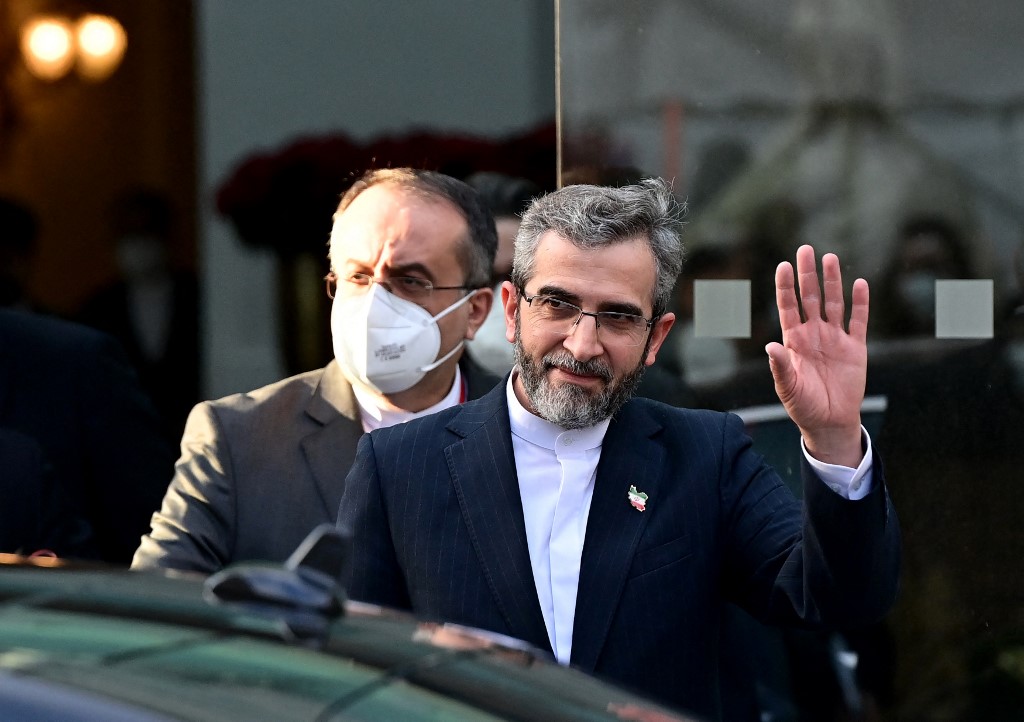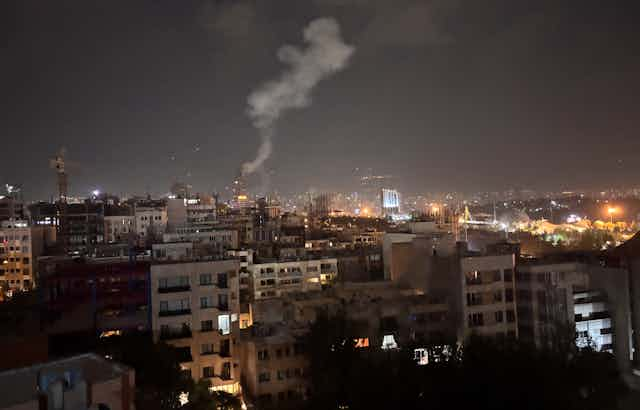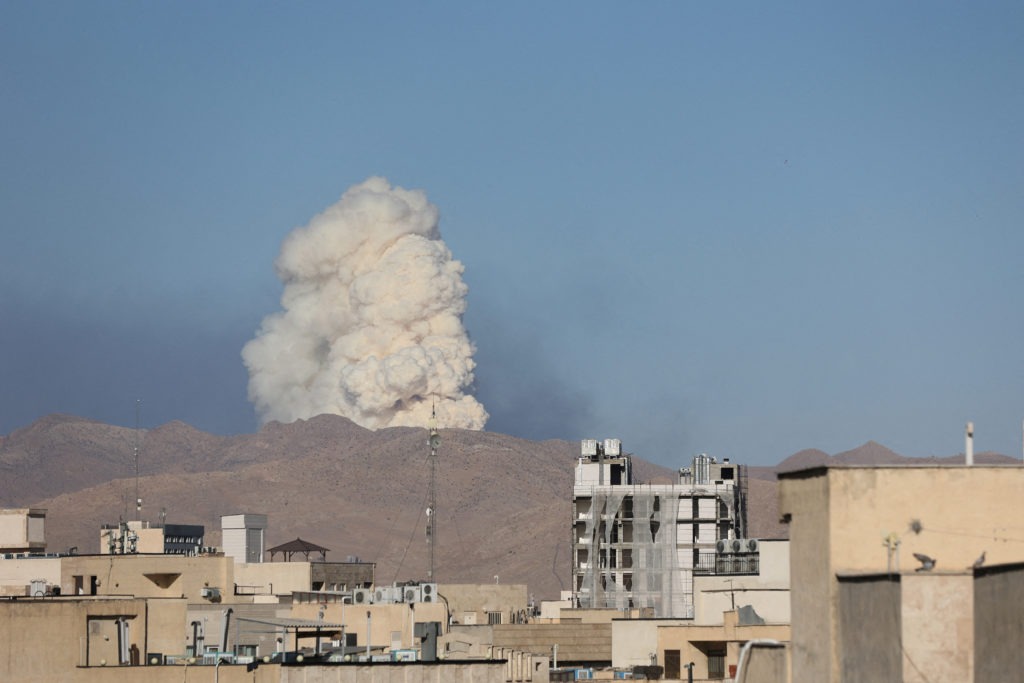Relations between the United States and Iran remain tense in 2024, marked by complex diplomacy, sanctions, and security challenges in the Middle East. While concerns over Iran’s nuclear program continue to shape international policy, there is no verified evidence of recent U.S. military strikes on Iranian nuclear facilities such as Fordow, Natanz, or Isfahan. Instead, diplomatic negotiations and economic sanctions remain the primary tools of U.S. policy.
This article provides a fact-based overview of current U.S.–Iran relations, nuclear issues, sanctions policy, and regional dynamics.
Iran’s Nuclear Program: Background
Iran’s nuclear program has long been a source of international concern. The country insists its nuclear activities are for peaceful purposes, such as energy production and medical research. However, other governments, notably the United States and European powers, have expressed concerns about potential weaponization.
According to the International Atomic Energy Agency (IAEA):
-
Iran has enriched uranium up to 60% purity, which is below weapons-grade (90%) but still much higher than the 3.67% limit set under the Joint Comprehensive Plan of Action (JCPOA) (IAEA, 2024).
-
The IAEA continues inspections, although Iranian authorities have restricted some monitoring since the U.S. withdrew from the JCPOA in 2018.
Sources:
-
IAEA, 2024 Quarterly Report
-
United Nations Security Council Resolutions

The Joint Comprehensive Plan of Action (JCPOA)
The JCPOA, signed in 2015 by Iran and the P5+1 (China, France, Russia, the United Kingdom, the United States, and Germany), imposed limits on Iran’s nuclear program in exchange for sanctions relief.
Key terms included:
-
Limits on uranium enrichment levels
-
Caps on stockpile size
-
Reduced number of centrifuges
-
Robust IAEA inspections
In 2018, the United States under President Trump withdrew from the JCPOA, reimposing sanctions on Iran. This move triggered Iran to reduce its compliance with enrichment limits. Since then, efforts to revive the deal have faced obstacles.
Sources:
-
U.S. Department of State
-
European External Action Service (EEAS)

Diplomacy Under the Biden Administration
President Biden’s administration has prioritized a diplomatic resolution:
-
Indirect negotiations in Vienna since 2021 have sought to restore JCPOA compliance.
-
Talks have involved European partners, Russia, and China.
-
The U.S. maintains that Iran must first roll back enrichment activities beyond JCPOA limits.
As of 2024, negotiations remain stalled. Both sides cite a lack of trust and disagreements over sequencing of sanctions relief and enrichment rollbacks.
Sources:
-
U.S. Department of State Press Briefings
-
European Union statements on JCPOA negotiations

Sanctions and Economic Pressure
U.S. sanctions on Iran target:
-
Oil exports
-
Financial institutions
-
Industrial sectors
-
Individuals and entities linked to the IRGC (Islamic Revolutionary Guard Corps)
The U.S. Treasury continues to enforce these measures as leverage for nuclear negotiations. Iran’s economy has faced high inflation and reduced oil revenue, complicating domestic politics.
Sources:
-
U.S. Department of the Treasury Sanctions Database
-
International Monetary Fund (IMF) Country Reports
Regional Security Dynamics
Beyond nuclear issues, U.S.–Iran tensions manifest in regional security concerns:
-
Iraq and Syria: Iran backs militia groups that have at times targeted U.S. forces. The U.S. has conducted limited defensive airstrikes on militia facilities in Iraq and Syria in response to attacks, but no strikes on Iran’s mainland nuclear sites have occurred.
-
Yemen: Iran supports the Houthis in Yemen’s civil war. The U.S. Navy regularly intercepts shipments of weapons allegedly destined for the Houthis.
-
Israel: Iran remains a primary adversary of Israel. Israel has conducted covert operations targeting Iran’s nuclear infrastructure, which Iran has attributed to sabotage or cyberattacks.
Sources:
-
U.S. Central Command (CENTCOM) statements
-
United Nations Security Council reports
-
Reuters, BBC, Associated Press

No Evidence of Recent U.S. Bombing of Iranian Nuclear Sites
Crucially, there is no reputable or official record of the U.S. launching airstrikes on Iranian nuclear facilities in Fordow, Natanz, or Isfahan. Claims of large-scale U.S. bombing raids on Iran’s nuclear sites in 2024 are unsubstantiated.
While the U.S. retains the capability to strike hardened facilities, military and intelligence assessments suggest such an operation would carry significant escalation risks and has been avoided in favor of sanctions and diplomacy.
Sources:
-
U.S. Department of Defense
-
Congressional Research Service (CRS) Reports
-
IAEA Updates
Israeli Policy on Iran
Israel views Iran’s nuclear program as an existential threat and has reportedly conducted covert attacks in Iran, including sabotage and cyber operations. However, these are distinct from any direct, large-scale U.S. military action.
Israeli officials have repeatedly lobbied the U.S. to maintain a credible military threat but there is no official evidence that the U.S. has carried out direct bombing of Iran’s nuclear sites in recent years.
Sources:
-
Israeli Government Statements
-
BBC News Coverage
-
Haaretz, Times of Israel

Conclusion
In 2024, U.S.–Iran relations remain highly strained, driven by disputes over Iran’s nuclear activities, regional security issues, and economic sanctions. Diplomatic negotiations continue but face serious challenges.
Despite these tensions, there is no verified evidence of the U.S. bombing Iran’s nuclear sites or declaring war on Iran. Instead, both sides balance confrontation with diplomatic engagement in a complex, fragile status quo.
For accurate updates, consult reputable sources such as the IAEA, U.S. Department of State, United Nations, Reuters, BBC, and other established news agencies.
